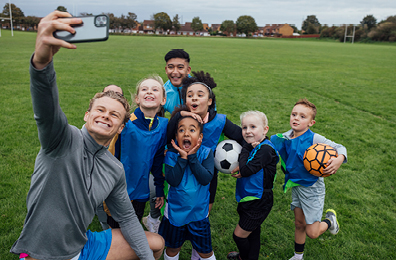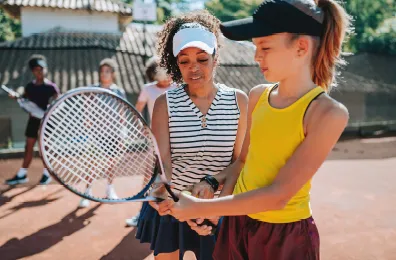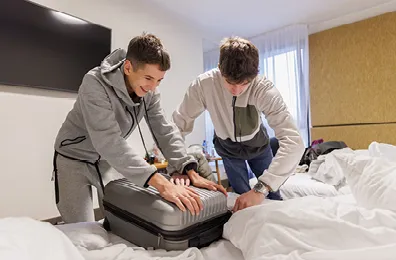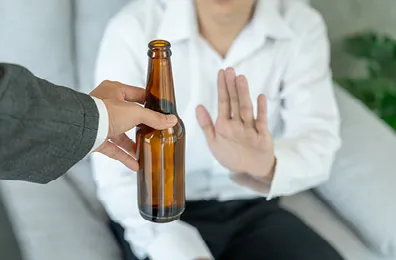Part of the Do's and don'ts series – how to keep children and young people safe in sport.
A person in a position of authority, unless they are also an approved person of a child or young person, medical practitioner or health professional, must not communicate directly (one to one) with a child or young person, either electronically or online (including phone calls) without the inclusion of a representative from the club or team or the child or young person’s parent or carer.
Watch the use of electronic devices video
Do
- When communicating with children and young people, a person in a position of authority must ensure content is:
- directly associated with delivering the sport (for example, advising that a scheduled event is cancelled)
- concise with personal or social content limited only to convey the message in a polite and friendly manner
- devoid of any sexualised language
- not promoting unauthorised social activity or contact.
- Inform the parent or carer or the sporting organisation if a child or young person communicates with you outside your role, and kindly advise the child or young person that the behaviour is inappropriate.
- Follow any additional social media guidelines or policies your organisation may have in place.
Don’t
- Befriend, follow or engage with the child or young person on social media.
- Communicate privately with a child or young person via phone, email or social media.
- Request or infer a child or young person keep online communication a secret from their parents or carers, or others.
- Use electronic communication to promote unauthorised ‘social’ activity or to arrange unauthorised contact.
- Use inappropriate language or language that is profane or sexual in nature.
- Use any device’s (including a mobile phone’s) recording capabilities, including voice recording, still cameras and video cameras in locker rooms, changing areas, or similar spaces.



